GOVERNANCE
SECRETARIAT

Jonathan Crush
Director
Balsillie School of International Affairs
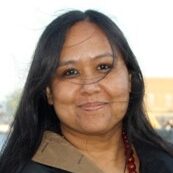
Sujata Ramachandran
Project Manager
Balsillie School of International Affairs

Maria Salamone
Project Manager
Balsillie School of International Affairs

Zhenzhong Si
Project Manager
Balsillie School of International Affairs
PARTNERSHIP COORDINATION COMMITTEE
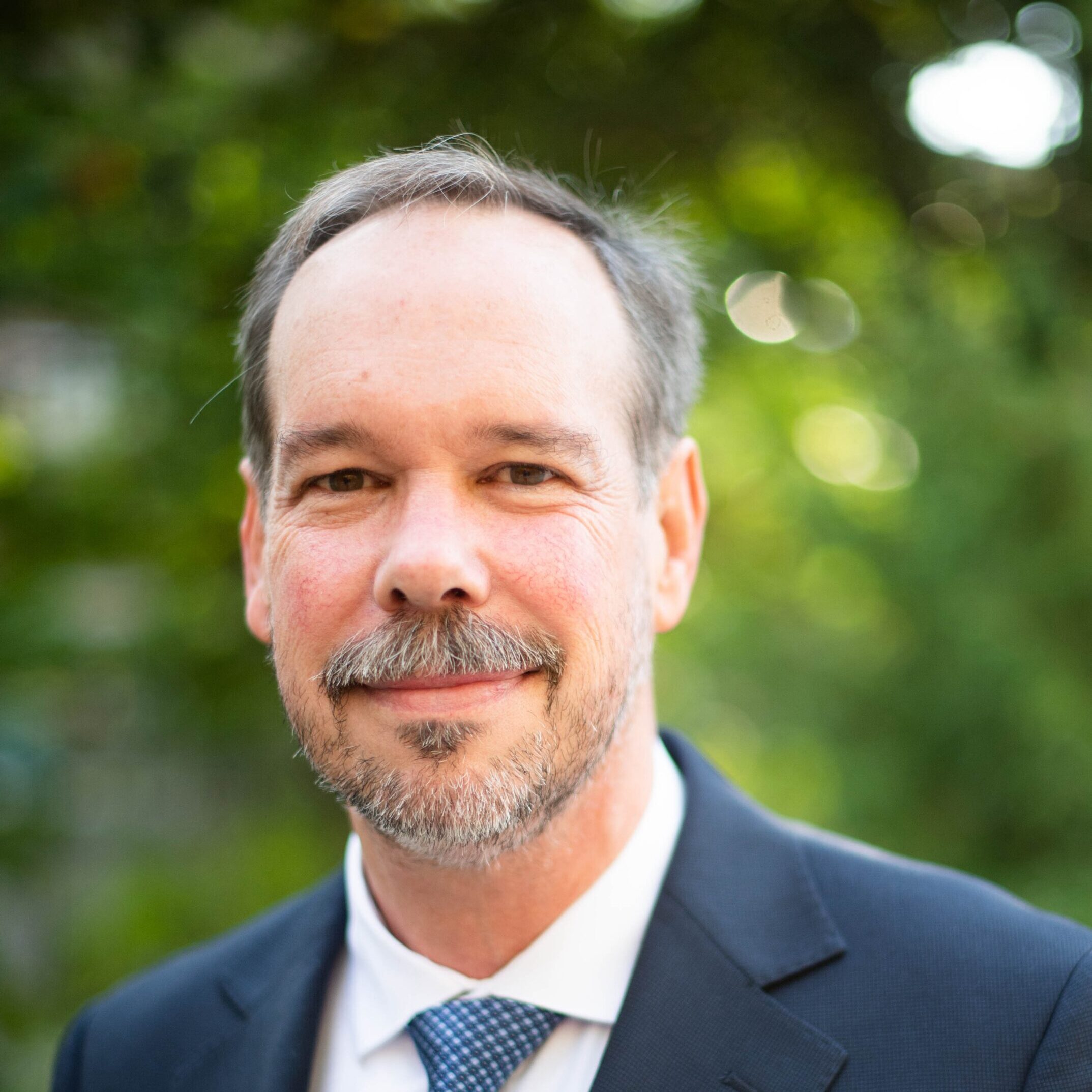
Bruce Frayne
Team Leader, Canada
University of Waterloo

Cherie Enns
Team Leader, Canada
University of the Fraser Valley
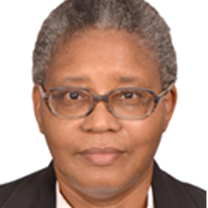
Inês Raimundo
Team Leader, Mozambique
Eduardo Mondlane University
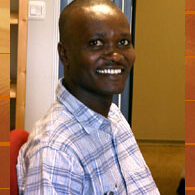
Samuel Owuor
Team Leader, Kenya
University of Nairobi
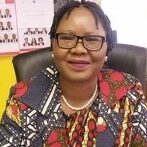
Ndeyapo Nickanor
Team Leader, Namibia
University of Namibia
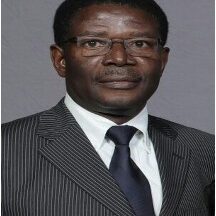
Daniel Tevera
Team Leader, South Africa
University of the Western Cape
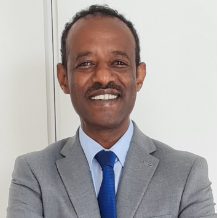
Mulugeta Dinbabo
Team Leader, South Africa
University of the Western Cape
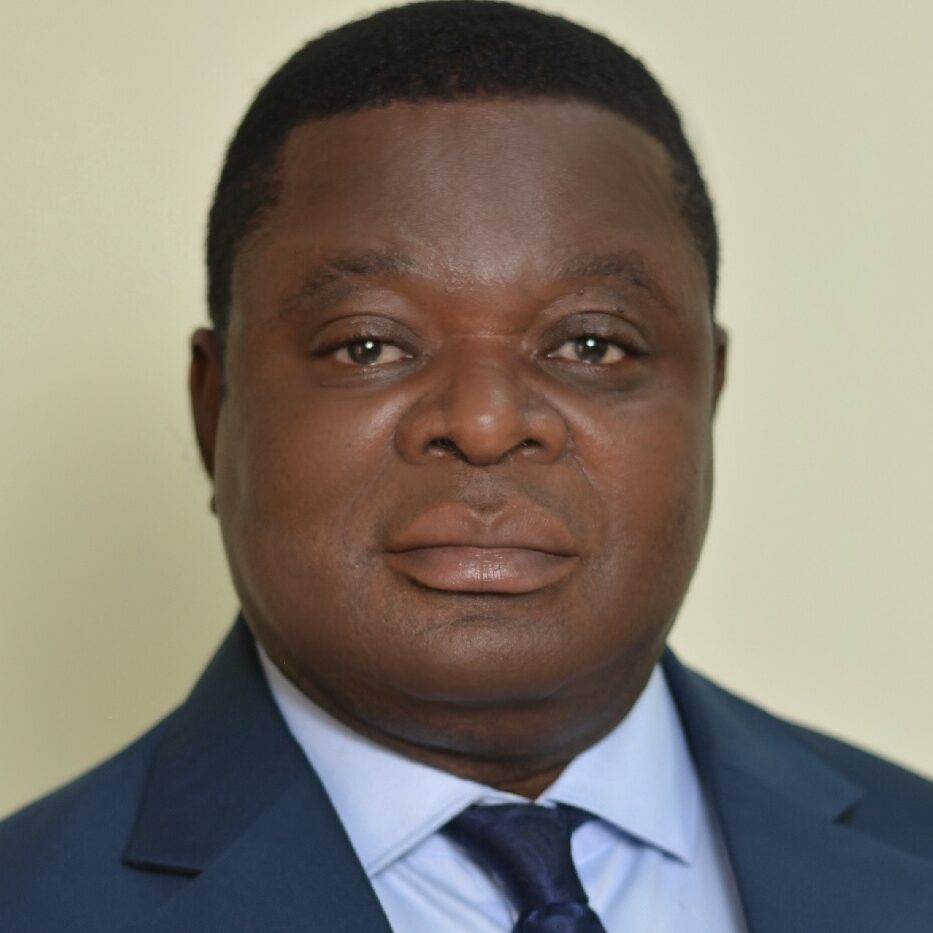
Peter Quartey
Team Leader, Ghana
University of Ghana
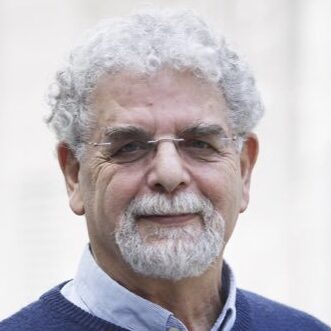
Ray Jureidini
Team Leader, Qatar
Hamad Bin Khalifa University
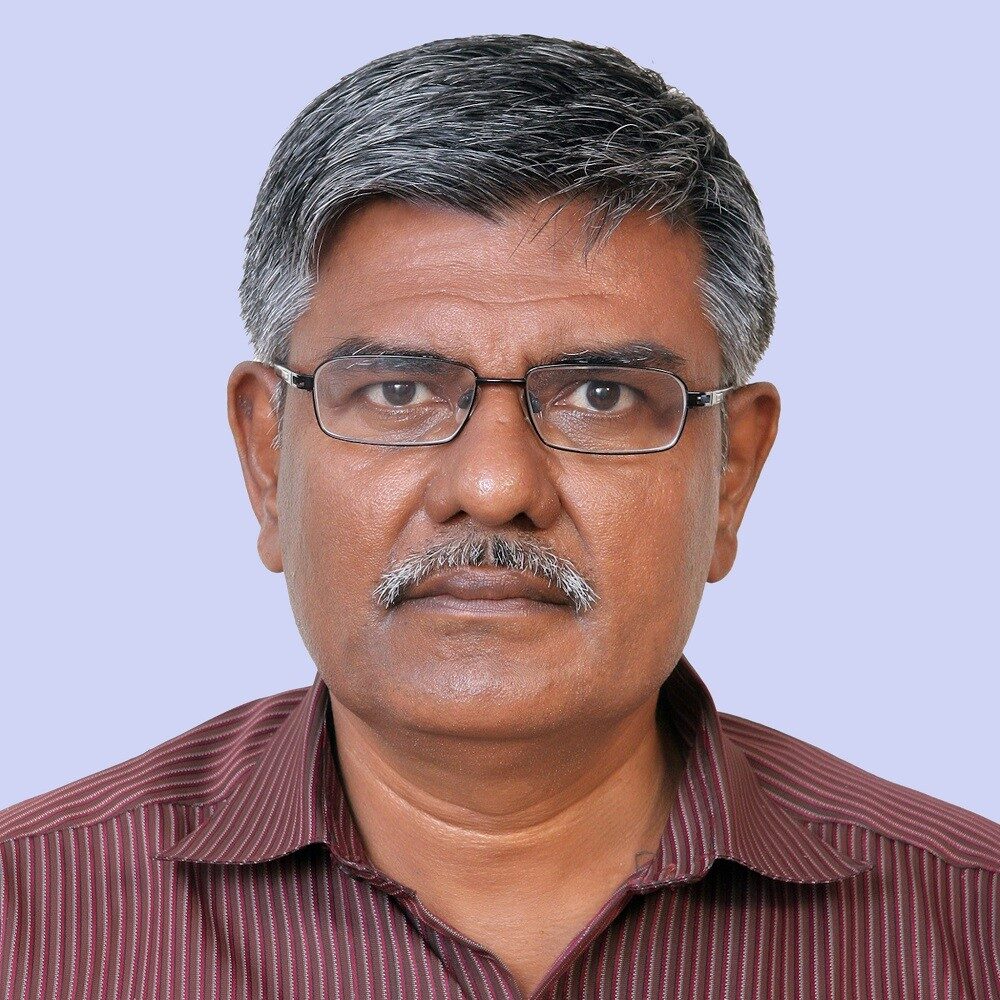
Irudaya Rajan Sebastian
Team Leader, India
International Institute of Migration and Development

Taiyang Zhong
Team Leader, China
Nanjing University
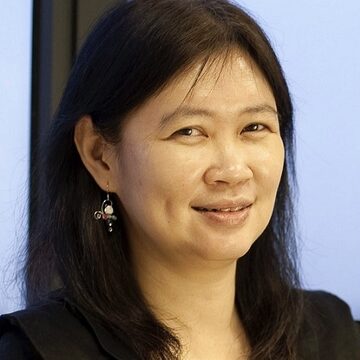
Brenda Yeoh Saw Ai
Team Leader, Singapore
National University of Singapore
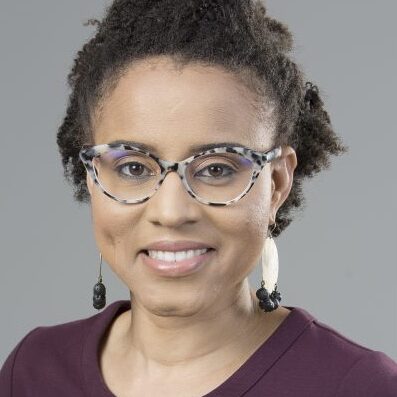
Natalie Dietrich Jones
Team Leader, Jamaica
University of the West Indies
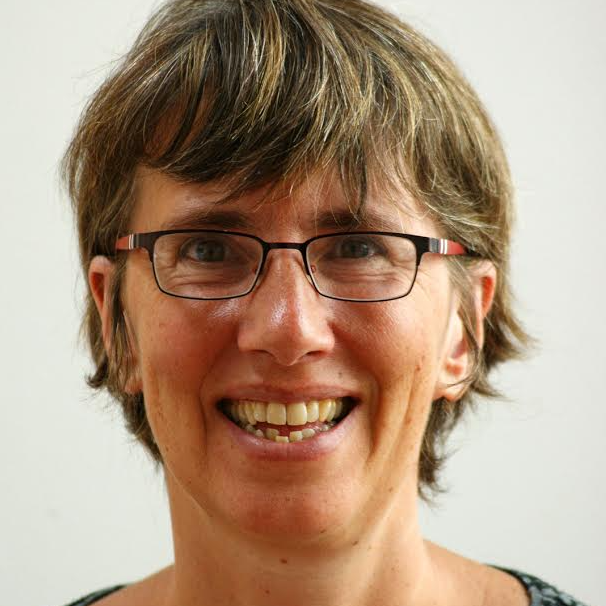
Guenola Capron
Team Leader, Mexico
Universidad Autonoma Metropolitana

Salomon Gonzalez
Team Leader, Mexico
Universidad Autonoma Metropolitana
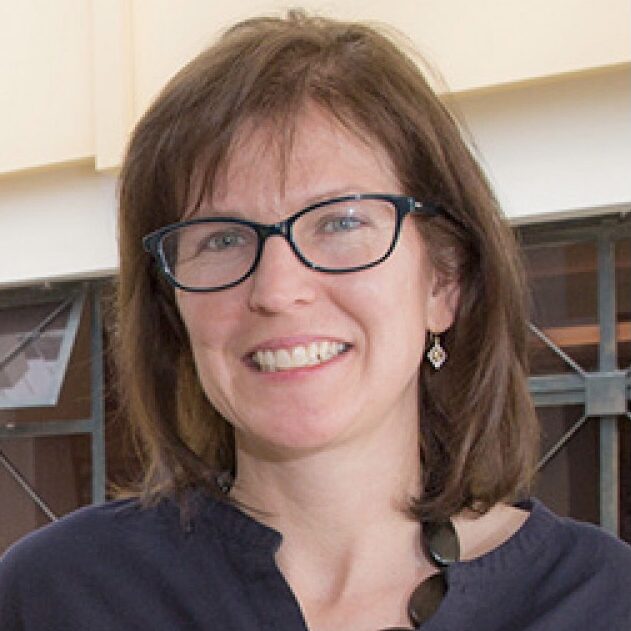
Cheryl Martens
Team Leader, Ecuador
Universidad San Francisco de Quito
